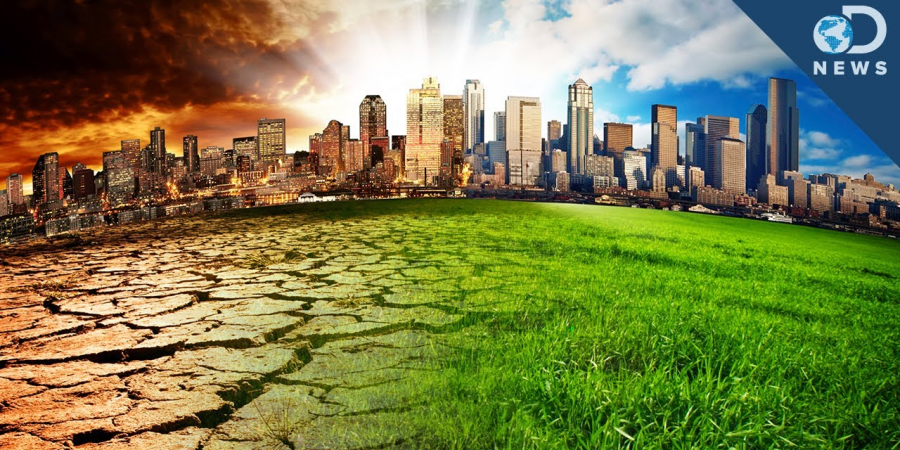

Climate Change: What Is It?
Long-term changes in temperature and weather patterns are referred to as climate change. These fluctuations may be caused by significant volcanic eruptions or variations in the sun's activity. However, human activity has been the primary cause of climate change since the 1800s, mostly as a result of the combustion of fossil fuels like coal, oil, and gas.
Fossil fuel combustion releases greenhouse gases into the atmosphere, which encircle the planet like a blanket and trap solar heat, causing temperatures to rise.
Methane and carbon dioxide are the two primary greenhouse gases responsible for climate change. These result, for instance, from using coal to heat a building or gasoline to operate a vehicle. Carbon dioxide can also be released through land clearing and forest destruction. Oil and agriculture
People are accountable for the phenomenon of climate change.
Climate researchers have demonstrated that humans are accountable for nearly all global warming over the past two centuries. Human actions such as those listed are producing greenhouse gases that are heating the planet more rapidly than at any point in at least the past two millennia.
The mean temperature of the Earth’s surface is currently approximately 1.2°C higher than it was in the late 1800s (prior to the industrial revolution) and higher than at any point in the past 100,000 years. The previous ten years (2011-2020) was the hottest on record, and each of the previous four decades has been hotter than any earlier decade since 1850.
Numerous individuals believe that climate change primarily signifies higher temperatures. However, temperature increase is just the start of the story. Because the Earth is a system, where everything is interconnected, fluctuations in one area can impact changes in all others.
The repercussions of climate change now encompass, among other things, severe droughts, lack of water, intense fires, increasing sea levels, inundation, thawing polar ice, devastating storms, and decreasing biodiversity.
Individuals are encountering the effects of climate change in varied ways.
Climate change can impact our health, capacity to cultivate food, shelter, security, and employment. Some of us are already more susceptible to climate impacts, such as individuals residing in small island nations and other emerging economies. Phenomena such as rising sea levels and the encroachment of saltwater have progressed to the extent that entire communities have had to move, and prolonged dry spells are putting people in danger of starvation. In the future, the amount of individuals displaced by weather-related incidents is anticipated to increase.
